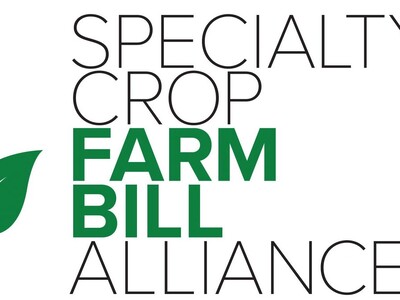Wolf Management Methods
Wolf Management MethodsI'm Lacy Gray with Washington Ag Today.
After the Dashiell ranch in Stevens County suffered the loss of at least two dozen sheep to confirmed wolf kills this summer ranchers feel that the state Department of Fish and Wildlife has failed to protect livestock from wolves. Tom Davis with the Washington Farm Bureau talks about the methods used by Fish and Wildlife for wolf management.
DAVIS: It's the non-lethal methods that they're continuing to experiment with; no one non-lethal method works in all locations with all packs. You need to have a number of these methods at your disposal. Dashiell's were running the same operation that they've run for years; the same number of dogs; the same number of people on the ground, and had never had a problem until this year. Something happened obviously, and it wasn't their fault; it wasn't the way they were running their operation because they'd never had a problem before. Something had changed; and that's where I think it's the responsibility of the Department of Fish and Wildlife to step in to provide range riders in areas where they know - especially where they have a collar on a wolf so they can track their movements - to provide a barrier between the wolves and the livestock operator.
Many feel that Fish and Wildlife needs to get away from signed agreements between the department and a landowner.
DAVIS: Setting up a perimeter that protects the sheep from the wolves is doable, and it should be doable without Dave or any other operator having to sign a written agreement with the department in order to get their help. These wolves are managed by the department; they should be responsible for protecting the private operators. I think that's where the department is headed; they're trying to do those things. But you can't manage a wild animal very effectively; they're going to to what they're going to do. And when they get out of control, when they get habituated to going after sheep, or cows then they need to be removed; and that's what the plan allows.
That's Washington Ag Today.
I'm Lacy Gray on the Ag Information Network.















